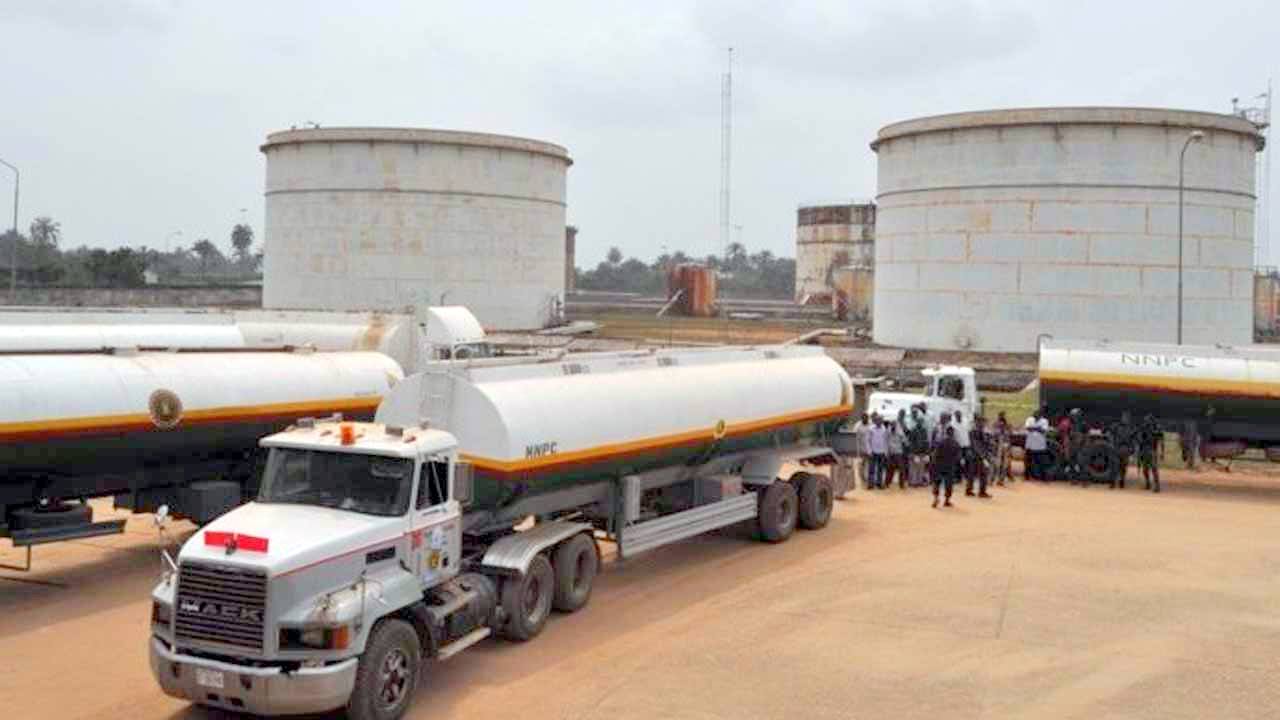
Nigeria has received $1 million in support from the World Food Programme (WFP) and the Economic Community of West African States (ECOWAS) to address food crisis and malnutrition in North-West Nigeria. This assistance is part of a stabilization fund aimed at mitigating the region’s food insecurity and nutritional challenges.
At the launch of the ECOWAS-FMHAPA-WFP Stabilization Project Phase 2 in Katsina on Friday, Manuela Reinfeld, Deputy Head of Programmes at WFP Abuja, detailed that WFP contributed approximately $600,000 to the fund. This funding will be used to combat malnutrition, particularly among pregnant and lactating women and children under two years old.
The initiative includes therapeutic supplementary feeding with soya-corn blends and unconditional food assistance, such as 5,000 metric tonnes of wheat from Ukraine, distributed across Katsina, Sokoto, and Zamfara States.
Reinfeld emphasized that this aid aims to address the root causes of malnutrition, support resilient building activities, and prioritize women. The intervention will deliver 5,000 metric tonnes of wheat, with 2,000 tonnes allocated to Katsina alone. The $1 million donation will directly benefit those in need, providing wheat grains for the next three months. A similar program is planned for other local government areas later in the year.
Musa Nuhu, Nigeria’s Permanent Representative to ECOWAS and Chairperson of the ECOWAS Permanent Representatives Committee, explained that the stabilization fund was initially established to assist victims of terrorism and has since been expanded to include those affected by banditry.
He noted that ECOWAS had set aside $1 million annually for Nigeria to fund social alleviation initiatives for victims of insecurity in the North-East and North-West regions. He also highlighted the Ministry of Humanitarian Affairs and Poverty Alleviation’s role in managing and implementing these humanitarian efforts in collaboration with ECOWAS.
Katsina State Governor Dikko Radda praised the support from ECOWAS, WFP, and the Ministry of Humanitarian Affairs, noting that the project would empower local institutions and transfer best practices. Olumuyiwa Enitan, Permanent Secretary of the Ministry of Humanitarian Affairs and Poverty Alleviation, assured that beneficiaries were selected according to global best practices to ensure aid reaches the most vulnerable individuals in the state.





